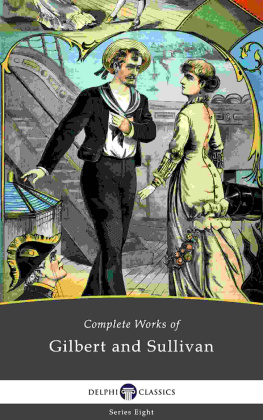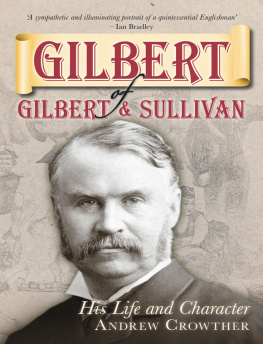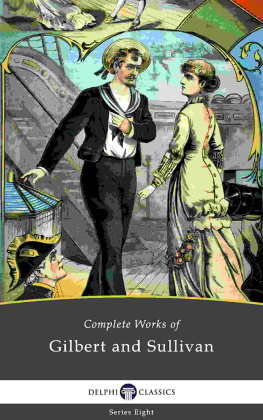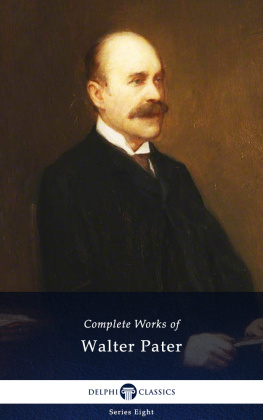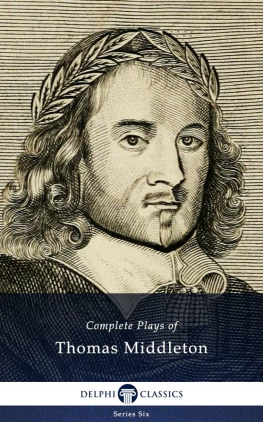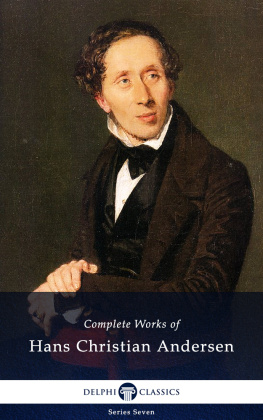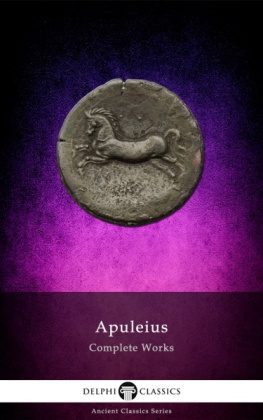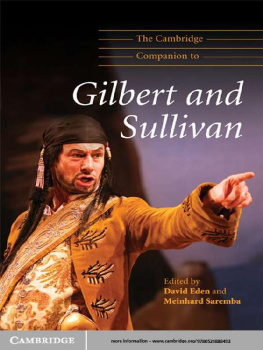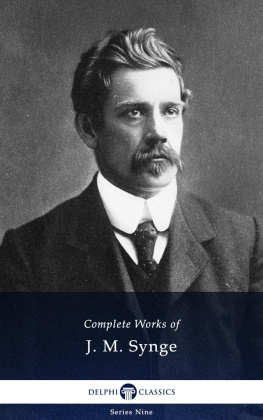The Complete Works of
GILBERT AND SULLIVAN
W. S. Gilbert (18361911)
Arthur Sullivan (18421900)
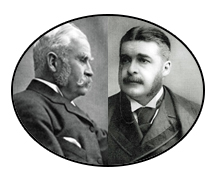
Contents
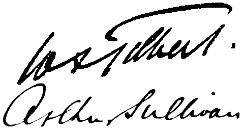
Delphi Classics 2017
Version 1
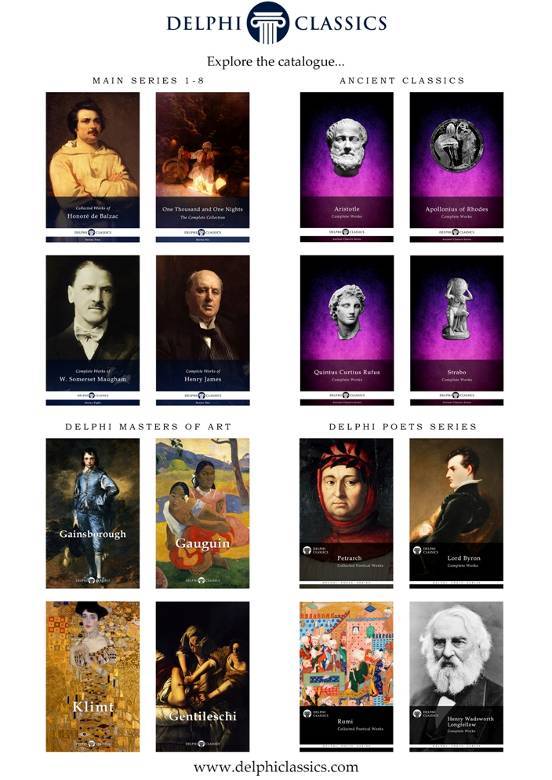
The Complete Works of
GILBERT AND SULLIVAN
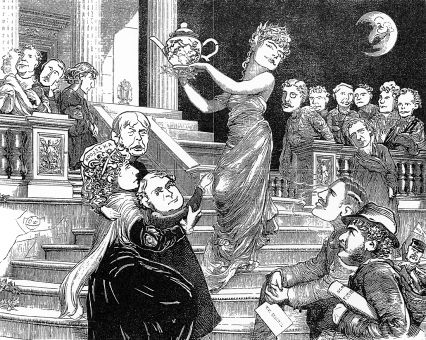
By Delphi Classics, 2017
COPYRIGHT
Complete Works of Gilbert and Sullivan
First published in the United Kingdom in 2017 by Delphi Classics.
Delphi Classics, 2017.
All rights reserved. No part of this publication may be reproduced, stored in a retrieval system, or transmitted, in any form or by any means, without the prior permission in writing of the publisher, nor be otherwise circulated in any form other than that in which it is published.
ISBN: 978 1 78656 066 7
Delphi Classics
is an imprint of
Delphi Publishing Ltd
Hastings, East Sussex
United Kingdom
Contact: sales@delphiclassics.com
www.delphiclassics.com
Parts Edition Now Available!

Love reading the works of Gilbert and Sullivan ?
Did you know you can now purchase the Delphi Classics Parts Edition of this author and enjoy all the novels, plays, non-fiction books and other works as individual eBooks? Now, you can select and read individual novels etc. and know precisely where you are in an eBook. You will also be able to manage space better on your eReading devices.

The Parts Edition is only available direct from the Delphi Classics website.
For more information about this exciting new format and to try free Parts Edition downloads , please visit this link .
Gilbert and Sullivan Works

Lambeth, a district in central London Arthur Sullivan was born in Lambeth in 1842; his father was Thomas Sullivan (18051866), a military bandmaster, clarinettist and music teacher born in Ireland and raised in Chelsea, London.
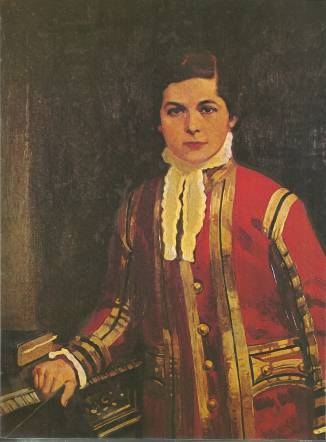
Sullivan as a chorister of the Chapel Royal, 1855
THESPIS

OR, THE GODS GROWN OLD
The first collaboration of the librettist W. S. Gilbert (18361911) and the composer Arthur Sullivan (18421900), Thespis is an operatic extravaganza for which the music has now been lost. It premired in London at the Gaiety Theatre on 26 December 1871. Composed in a broad, burlesque style, like many works performed at that theatre at the time, the style of Thespis is much different compared to Gilbert and Sullivans later works. It was a success, taking advantage of the busy Christmas season, finally closing on 8 March 1872, after a run of 63 performances.
The story follows an acting troupe headed by Thespis, the legendary Greek father of drama, as they temporarily trade places with the ageing and largely ignored gods on Mount Olympus. Having seen the ensuing mayhem down below, the angry gods return, sending the actors back to Earth as eminent tragedians, whom no one ever goes to see. Gilbert would return to this theme twenty-five years later in his last opera with Sullivan , The Grand Duke , in which a theatre company temporarily replaces the ruler of a small country and decides to revive the classic memories of Athens at its best.
By late September or early October 1871, Gaiety programmes announced that The Christmas Operatic Extravaganza will be written by W. S. Gilbert, with original music by Arthur Sullivan. There would be prominent roles for the popular comedian J. L. Toole, as well as Farren, the theatres star principal boy in all of its burlesques. Precisely how Gilbert and Sullivan came to collaborate on Thespis is uncertain. Gilbert was a logical choice for the assignment. With seven operas and plays premiring that year and over a dozen other burlesques, farces and extravaganzas to his name, he was well known to London theatregoers as a comic dramatist. Sullivan, however, was at this point mainly known for his serious music. His completed music that year included the choral cantata On Shore and Sea , a suite of incidental music for Shakespeares The Merchant of Venice , and numerous hymns, including Onward, Christian Soldiers. The production roused a great deal of interest and speculation. Ironically, it had most likely the largest audience of any Gilbert and Sullivan premire, as the Gaiety was the largest of the five London theatres at which their joint works premired.
Both Gilbert and Sullivan recalled that Thespis was written in some haste. Sullivan later claimed that both music and libretto were very hurriedly written. In his 1883 autobiography, Gilbert wrote: Soon after the production of Pygmalion and Galatea I wrote the first of many libretti, in collaboration with Mr. Arthur Sullivan. This was called Thespis; or, the Gods Grown Old . It was put together in less than three weeks, and was produced at the Gaiety theatre after a weeks rehearsal. It ran eighty nights, but it was a crude and ineffective work, as might be expected, taking into consideration the circumstances of its rapid composition.
The premire was under rehearsed, as several critics noted, and the work was also evidently in need of cutting: the Gaiety management had advised that carriages should be called for 11:00 p.m., but the performance ran past midnight. The Orchestra reported that scarcely one player... was more than rough perfect in his part. The Observer commented that the acting, as well as the business, will want working up before it can be fairly criticized... the opera... was not ready. The Daily Telegraph suggested that It is more satisfactory for many reasons to look upon the performance last evening as a full dress rehearsal.... When Thespis ends at the orthodox Gaiety closing hour, and the opera has been energetically rehearsed, few happier entertainments will be found.
After the production of Thespis , Gilbert and Sullivan went their separate ways, reuniting three years later, with Richard DOyly Carte as their manager, to produce Trial by Jury in 1875. When that work was a surprise success, there were discussions of quickly reviving Thespis for the 1875 Christmas season.
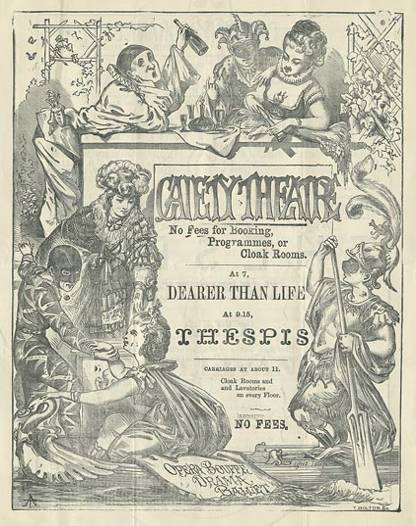
Programme cover, 1872
CONTENTS
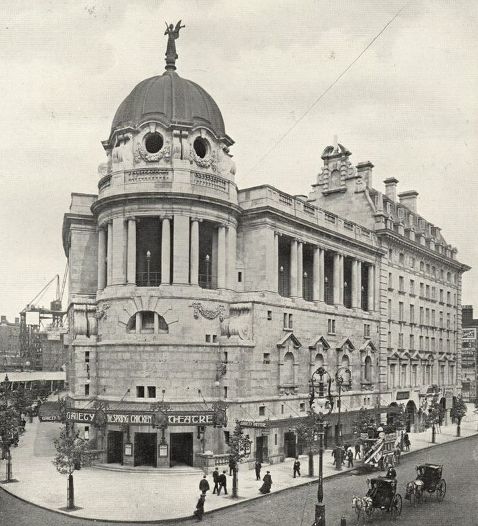
Next page
